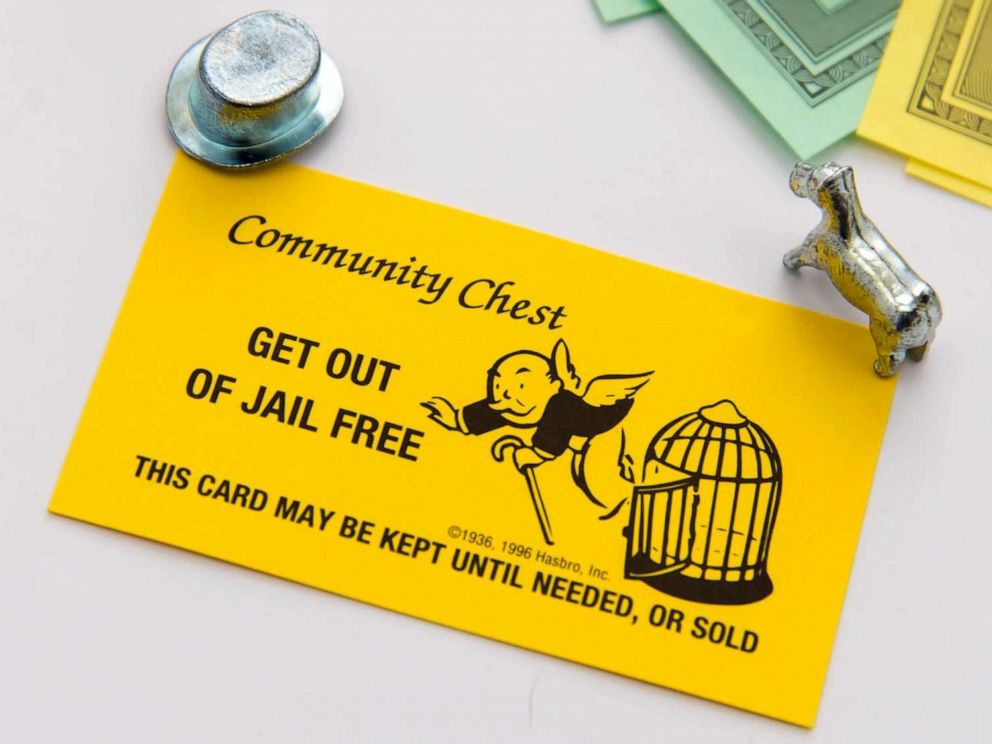

“Being a therapist, I’m all about affirmations. One way is through affirmations, which is a form of encouragement, says Clemons. However, with time and effort, you might help them turn those fears into confidence. Reversing your teen’s money fears won’t happen in a day. This can lead to people hoarding their money so they don’t end up like their parents or spending it all, she adds.ĭEVELOP A HEALTHIER RELATIONSHIP WITH MONEY “Oftentimes that trauma can lead into phases of PTSD (post-traumatic stress disorder), where you see kids grow up to either have severely detached relationships with money or severely insufficient or maladaptive relationships with money,” Butler-Davis says. In this instance, it may relate to trauma caused by a lack of financial security. Chronic trauma happens when you’re repeatedly exposed to traumatic events. This money fear often comes from poverty as a form of chronic trauma, she adds. “And it really does have a significant impact on the way that they feel about themselves, and so it affects their levels of self-esteem.”īutler-Davis also says teens have fears about not being able to make enough to sustain themselves. “There is a lot of stress and worry and fears and feelings of judgment when it comes to kids who are currently living in poverty,” Butler-Davis says.

A common one she comes across is teens - especially kids who are growing up in poverty - having fears about not having enough to keep up with peers in terms of affording the same things.

She works with teens at a trauma-informed group in Camden, New Jersey, and they discuss money fears often. Timmesha Butler-Davis holds a doctorate in social work and is a licensed independent clinical social worker who owns Mastery Counseling and Consulting in Ewing, New Jersey. “Use those types of questions to kind of gauge where they’re at and then, based on (the) child, go a little deeper to have that conversation with them,” she says. Ask them what they’d do if they had $100 today, suggests LaQueshia Clemons, an accredited financial counselor and licensed clinical social worker in Middletown, Connecticut. Paiva says playing Monopoly is a fun way to spark money-related conversations: “Do I want to spend all of my money on property? If I land on someone, do I have enough money for rent? If I go to jail, do I have enough money to get out of jail?”Ĭonversations can go beyond a Monopoly board to asking scenario-based questions. Once you’ve looked within, explore learning about money as a family. For instance, if you’re always arguing with your partner about their or your spending habits, this could contribute to your teen developing insecurities about their ability to manage their finances. Get introspective about what your feelings about money are and how that might show up in your home. By clicking Sign up, you agree to our privacy policy.


 0 kommentar(er)
0 kommentar(er)
